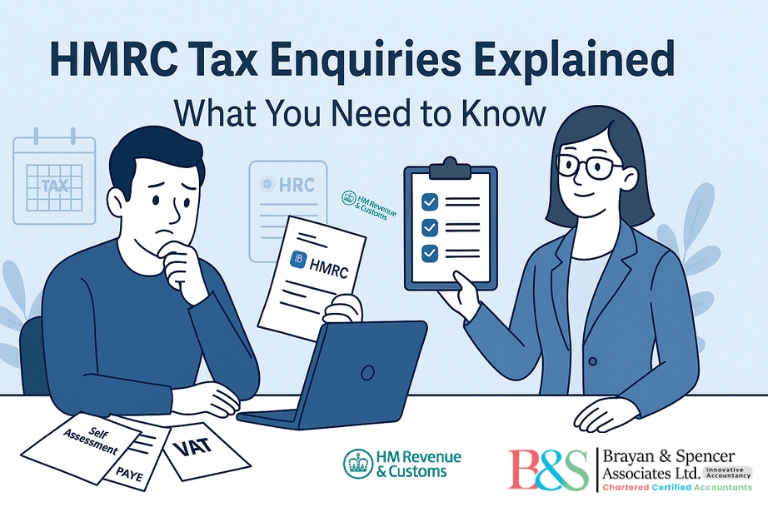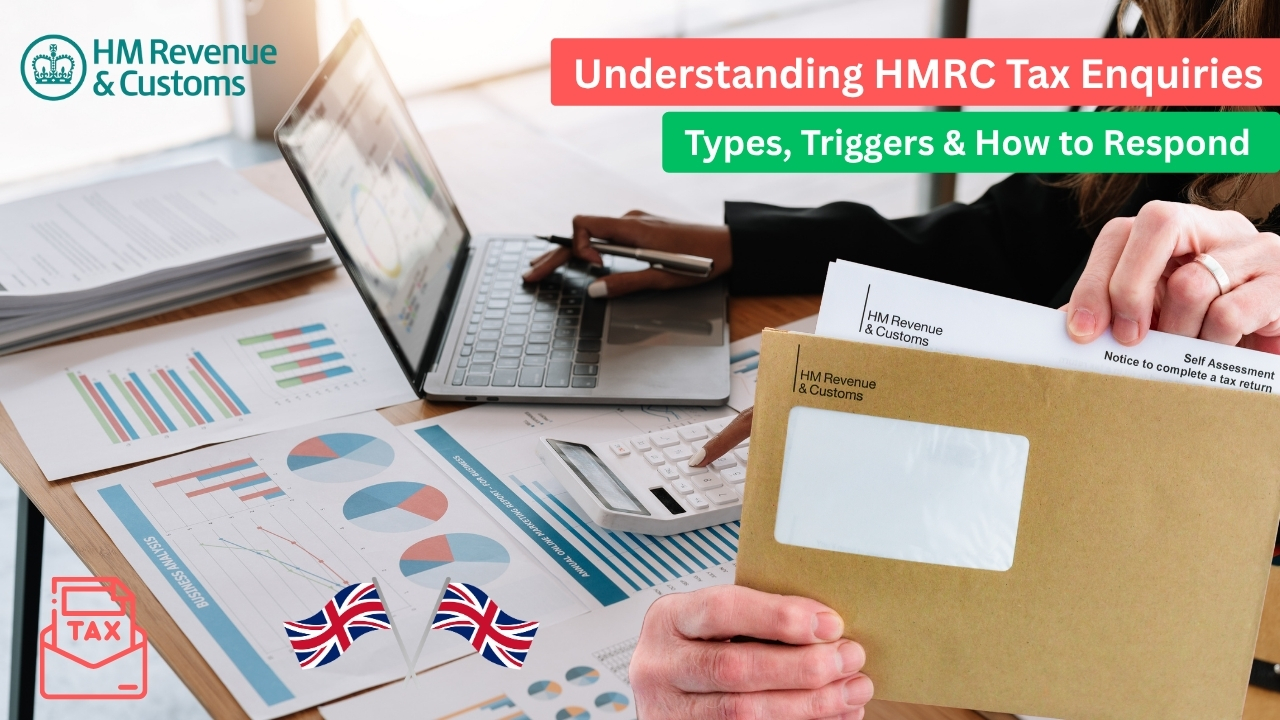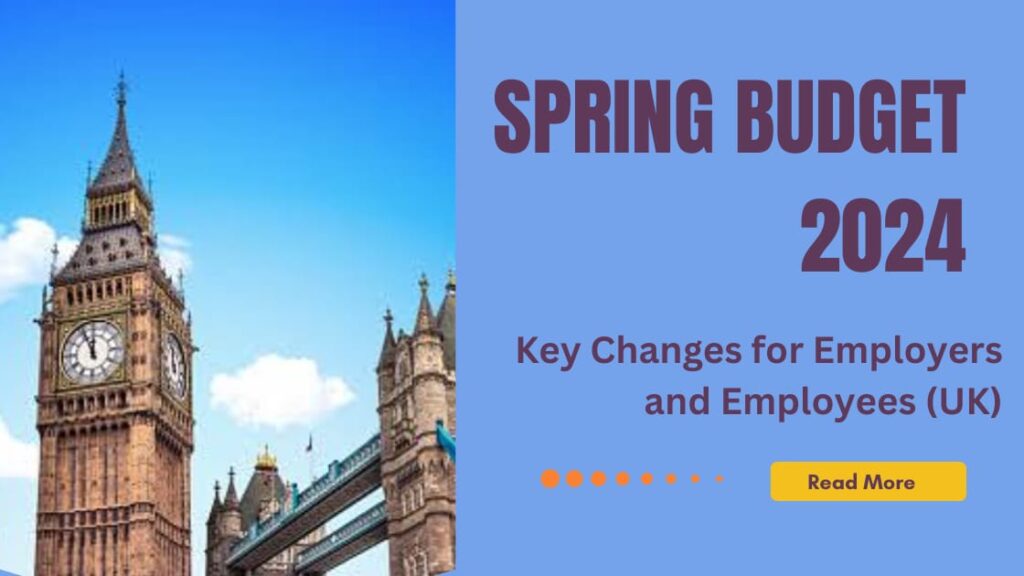If the enquiry is simple and you’re confident with your records, you may handle it yourself.
However, for anything more than a basic check, it’s strongly recommended to work with a tax advisor or accountant. They understand HMRC procedures, can represent you, and may help reduce or eliminate penalties.
At Brayan & Spencer Associates Ltd, we frequently support clients through HMRC tax enquiries—ranging from simple queries to complex investigations. HMRC (His Majesty’s Revenue & Customs) has the authority to examine any tax return to ensure the information submitted is complete and accurate. These checks, also known as “compliance checks” or “tax enquiries,” can vary significantly in scope and seriousness.
Below, we outline the key types of tax enquiries HMRC may initiate, including how they are triggered, what they involve, and what taxpayers should be aware of.
1. Full Enquiry
A full enquiry is the most comprehensive form of tax investigation.
- Scope: HMRC reviews the entire tax return or company accounts, not just specific items. This includes all income, expenses, claims, and disclosures.
- Typical Triggers:
- Large or unusual claims (e.g. capital allowances, travel costs)
- Significant changes in income or expenses
- Industry benchmarking anomalies
- Data mismatches with third parties
- Targeted At: Individuals with complex affairs (e.g. landlords, directors, sole traders), and limited companies with non-standard transactions.
- Approach: HMRC will typically request detailed records and explanations, often covering several years. This may involve interviews or site visits.
Note: Representation by a professional advisor is strongly recommended due to the wide scope and potential penalties.
2. Aspect Enquiry
An aspect enquiry focuses on specific elements within a tax return rather than the entire return.
- Scope: One or more entries in the tax return—for example, a large travel expense, an unusual pension contribution, or omitted income.
- Typical Triggers:
- HMRC software flags anomalies
- Comparisons against industry norms
- Internal risk scoring systems
- Less intrusive, but it may escalate into a full enquiry if HMRC is dissatisfied with responses.
Proactive Tip: Ensure all figures and supporting documentation are aligned with prevailing tax legislation to minimise risk.
3. Random Enquiry
Random enquiries are selected without any specific concern or risk marker.
- Purpose: To assess general levels of compliance and deter non-compliance across the tax system.
- Scope: Can range from an aspect to a full enquiry.
- Implication: Even if the return is correct, the taxpayer must still respond and supply evidence as required.
Important: Being selected for a random enquiry does not mean HMRC suspects wrongdoing.
4. Discovery Assessment
HMRC can issue a “discovery assessment” outside the normal enquiry window if they find new information suggesting tax was underpaid.
- Common Scenarios:
- Offshore income not declared
- Undisclosed property lettings
- Business activities carried out without registration
- Time Limits:
- 4 years for innocent errors
- 6 years for careless behaviour
- 20 years for deliberate concealment or fraud
Discovery assessments are often based on third-party information, international data exchanges, or whistleblowing reports.
5. Employer Compliance Check (PAYE/NIC)
HMRC may check that an employer is meeting all obligations relating to payroll, benefits, and employee taxation.
- Covers:
- PAYE deductions and RTI submissions
- Benefits-in-kind (e.g. company cars, private medical insurance)
- Employment status and IR35 compliance
- Typical Triggers:
- Discrepancies in submitted figures
- Information received from employees
- Targeted campaigns by HMRC
These checks often begin with a letter or phone call, followed by a request for payroll records, contracts, and policies.
6. VAT Compliance Check
VAT enquiries are common for businesses registered for VAT, particularly those that reclaim large input VAT or operate in cash-heavy sectors.
- Areas Reviewed:
- VAT return accuracy
- Invoices and receipts
- Treatment of exempt or zero-rated supplies
- Use of VAT schemes (e.g. flat rate, margin scheme)
- Unannounced Visits: HMRC may attend business premises without notice, particularly where VAT fraud is suspected.
Proper record-keeping and reconciliation between accounting software and VAT returns is critical.
7. Corporation Tax Enquiry
HMRC may review company tax returns in detail, particularly for businesses claiming reliefs or with unusual structures.
- Focus Areas:
- Revenue recognition
- Director remuneration
- Intercompany transactions and transfer pricing
- Capital allowances and R&D tax credit claims
- Documentation: HMRC will expect to see accounts, trial balances, computations, board minutes, and sometimes underlying invoices or contracts.
8. Self-Assessment Enquiry
Targeting individuals, this enquiry checks for completeness and accuracy in the annual personal tax return.
- Common Subjects:
- Rental income
- Capital gains
- Self-employment income
- Foreign income and remittances
- Information Sources: HMRC increasingly uses third-party data (banks, letting agents, overseas jurisdictions) to match against declared income.
9. Code of Practice Investigations (Serious Tax Fraud or Avoidance)
These are specialist enquiries under formal “Codes of Practice” (COP), reserved for more serious or sensitive matters.
Code of Practice 8 (COP8) – Tax Avoidance
- Scope: Investigates complex tax avoidance arrangements or aggressive tax planning.
- Goal: Recover unpaid tax, interest, and penalties—criminal proceedings are rare but possible.
- Typical Cases: Offshore trusts, disguised remuneration, and opaque corporate structures.
Code of Practice 9 (COP9) – Tax Fraud
- Scope: HMRC suspects deliberate and significant fraud.
- Contractual Disclosure Facility (CDF) is offered, allowing the taxpayer to admit to deliberate behaviour in exchange for immunity from prosecution.
- Key Requirement: Full disclosure of all irregularities within 60 days of accepting the offer.
Legal and specialist tax representation is essential in COP9 cases due to the gravity of the allegations and potential consequences.
10. Targeted Campaigns and Voluntary Disclosure Opportunities
HMRC frequently runs targeted campaigns aimed at specific sectors or sources of income. These offer a chance to disclose undeclared income with reduced penalties.
- Examples:
- Let Property Campaign (for landlords)
- Second Incomes Campaign
- Offshore Disclosure Facilities
- Cryptocurrency and digital assets
- Recommended Action: If you have undeclared income or assets, voluntary disclosure is usually viewed more favourably than detection.
📅 HMRC Time Limits for Opening Enquiries
- Standard window: 12 months from the date a return is filed (on time).
- Extended periods:
- Up to 4 years for innocent errors
- Up to 6 years for careless errors
- Up to 20 years for deliberate misstatements or fraud
✅ How We Can Help
At Brayan & Spencer Associates Ltd, we support clients in all types of HMRC enquiries, offering:
- Expert correspondence drafting
- Records preparation and review
- Representation during interviews or inspections
- Voluntary disclosure advice
- Negotiation of penalties and settlements

📞 Need Professional Support?
If you’ve received a letter from HMRC or are concerned about a possible investigation, contact our tax enquiry team today. Early, informed action can often reduce penalties and bring about a swift resolution.
Mail : 📧 pat@bsassociate.co.uk
Call : 📞 +44 0207 183 5956




